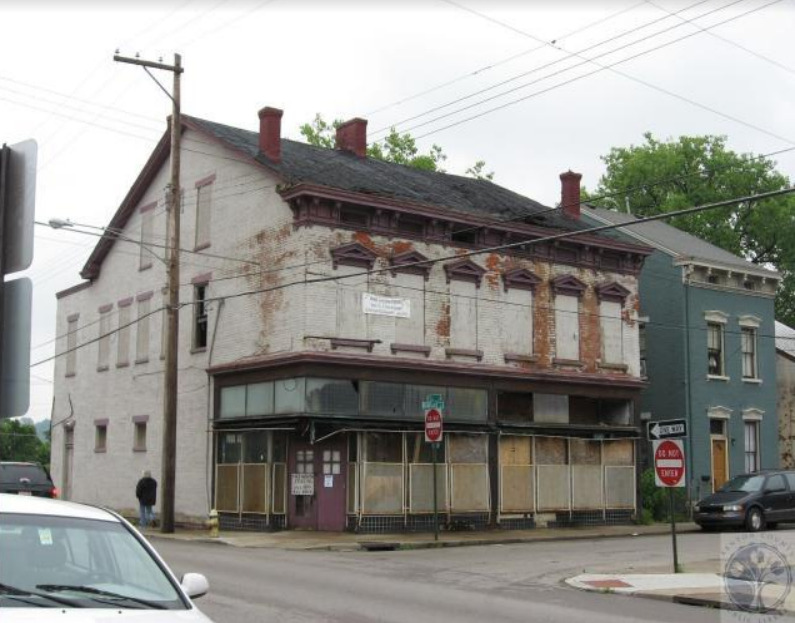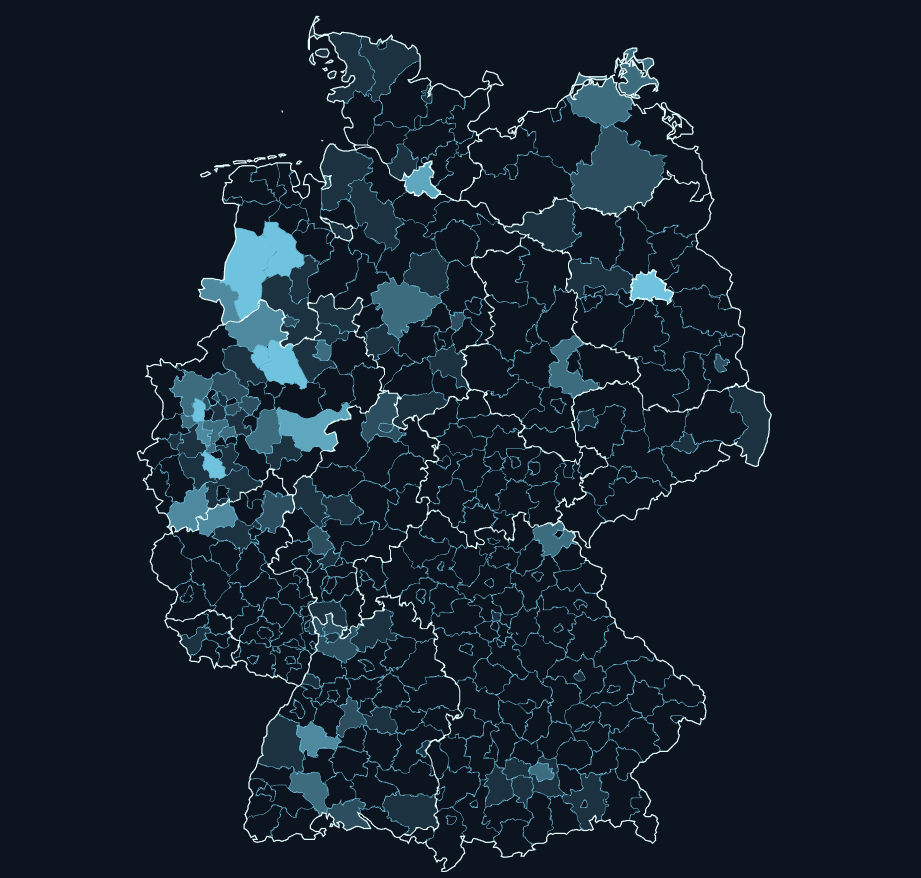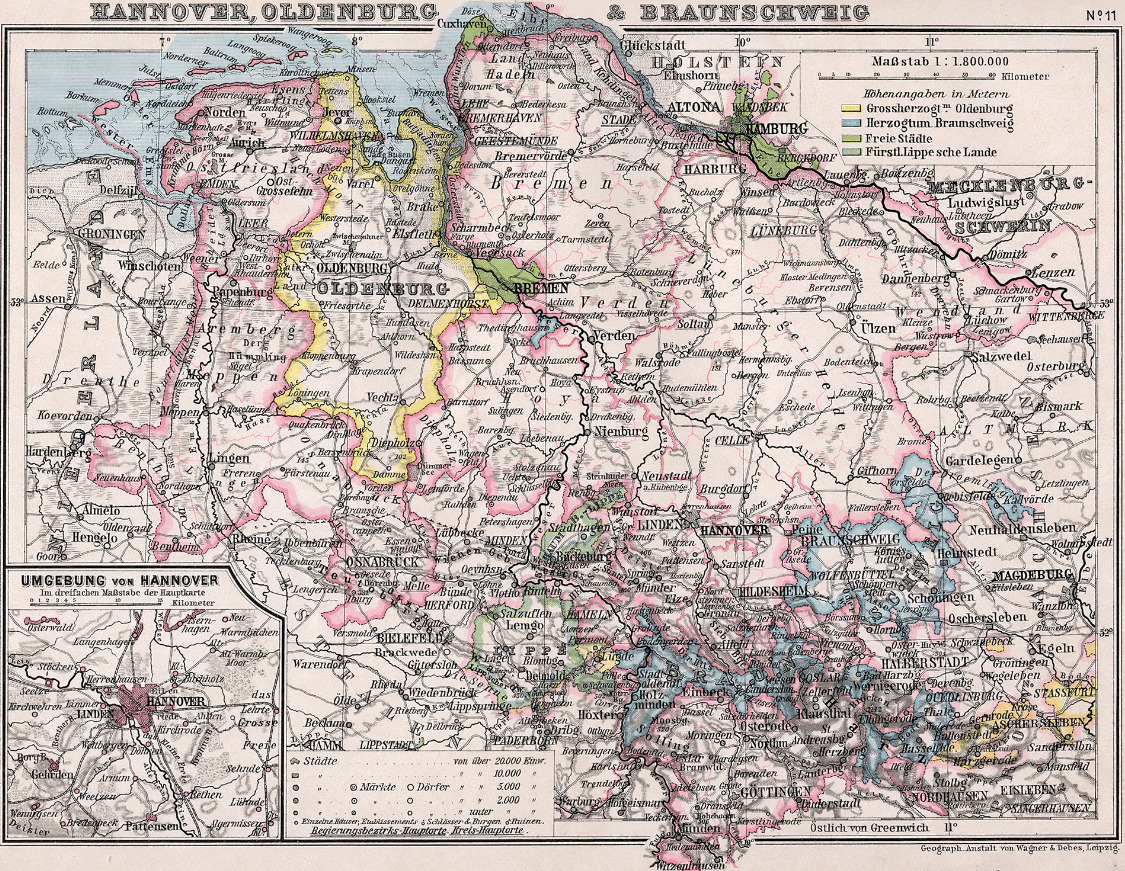I’ve decided to start keeping weekly notes here on my progress in researching family history. Selfishly, forcing myself to let people know what’s going on will help me stay engaged in the research.
In addition, if people find this post using search, I may get some more hints that will keep me from getting stalled!
So without further ado, here’s what I’ve learned this week.
Researching German Records Using Matricula
If genealogical research was a video game, research within America would be “Easy” difficulty. Germany would be “Medium.”
There is a language barrier, and even if you know some German, most of the records you see will often be handwritten. Even typed records are made in a typeset that isn’t a 1:1 match to the current German alphabet, so you have to transcribe and translate. Luckily, there are people on Facebook and Reddit who will help with this.
All that aside, I started diving into Matricula this week. Matricula is a collection of digitized “church books” for Catholic churches in Germany and Austria. Before there was a “Germany,” baptism, marriage and death records were kept by a person’s parish. The only obstacle in using Matricula is that the records themselves are not digitized, so you can’t search for a name.
However, if you have a birthday and a hometown, you have a decent chance of finding a match, which I was able to do this week.
Finding Theodore Schroder
One of the challenges I’ve faced in my family research is finding out where Theodore Schroder came from. Theodore is the father of Otto William Schroder, my great grandfather and namesake!
A few months ago, I found my first hint as to his origin. The Kenton County Library has a genealogy department with access to some historical church records. They were able to track down a baptism record for Otto Schroder. On that record, Theodore’s birthplace is listed as Oldenburg, and Mary’s as Lorup.

Unfortunately, in Theodore’s case, Oldenburg isn’t as good of a hint as it might seem. There is a city called Oldenburg in Germany. However, he may also have been referring to the Grand Duchy of Oldenburg. The grand duchy was a state that existed before German unification, and it covers quite a bit of territory. More research will be needed to find him, but I’m a little more confident now.
Breakthrough on the Park/Perck/Perk Front
On Mary Park’s end, Lorup is very specific to a town in Osnabruck. Using Matricula, I was able to find a record for her baptism, as well as many records for her extended family.

This reads: “Lorup, girl, Perck Anna Maria born 15 March 1865, baptized 17 March; Parents: Christian Perck at Lorup & his legal wife Maria, born Olligesgeers; Witnesses/godparents: Farmer’s Wife (“Ackerfrau”) Maria Olligesgeers at Lorup, Owner Wilhelm Perck at Lorup
This matches with Mary Park’s death record from Kenton County. The information I’ve found on the Perk family so far goes back to at least 1817 in Lorup. Here’s a baptism record for a Christian Perk in 1817.

So what’s up with the surname? Another Park relative who has been researching the family told me that they’ve been referred to as Park, Parks, or Perck throughout their time in the U.S. It’s very likely that “Perk” was simply Anglicized to Park in America, and the family stuck with it. They applied that name to the Park Dry Goods Store they owned at 12th and Bank Lick in Covington.

When you run all these variations through the Goegen Surname Distribution Map, it appears that Perk is the most commonly used, and it is concentrated in Emsland, where modern-day Lorup still exists.

Questions or Hints? Let Me Know
If you’ve stumbled on this post and something rings a bell, contact me and let me know! I’m always just one hint away from learning a lot about your family’s history.

Leave a Reply